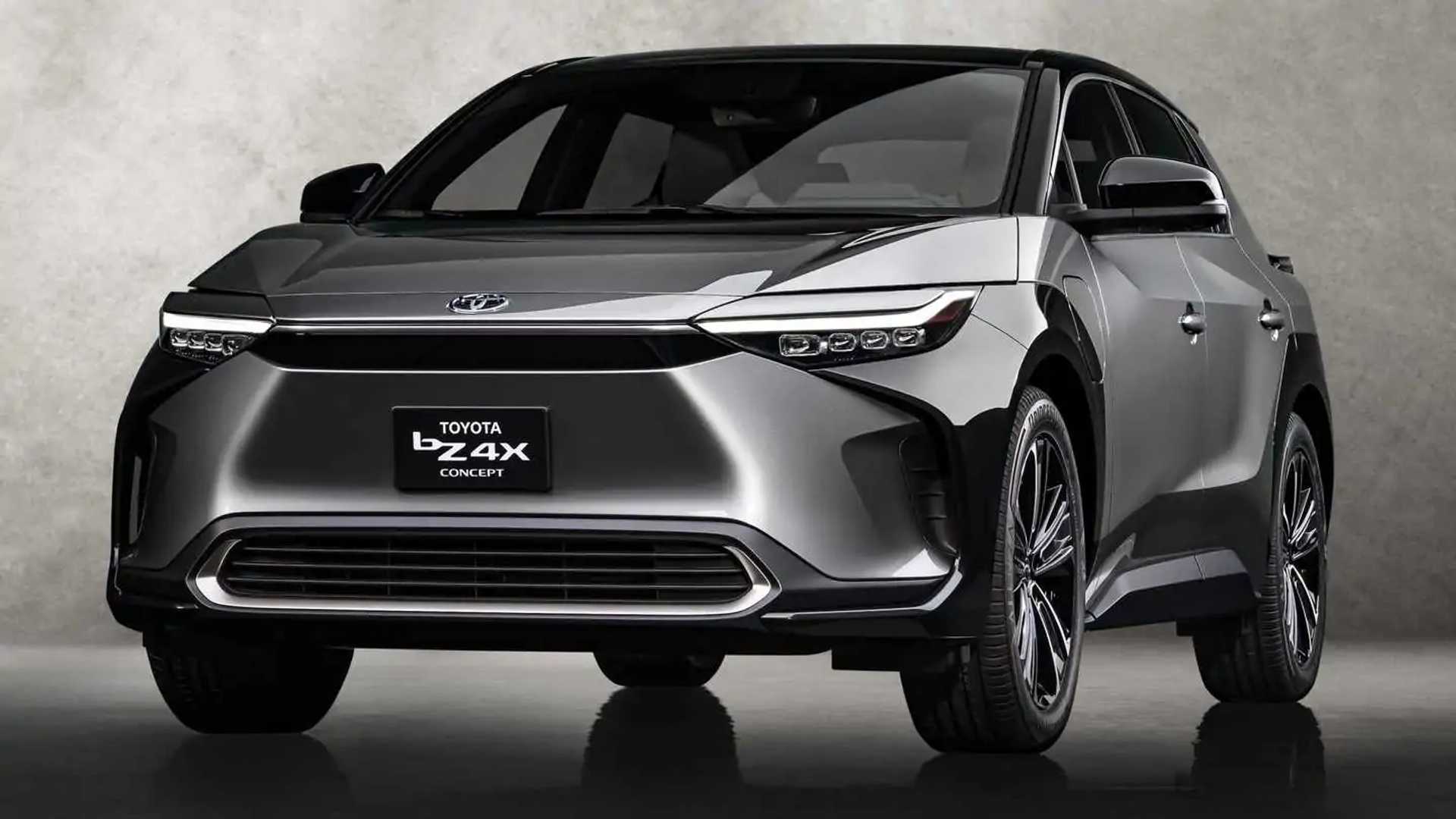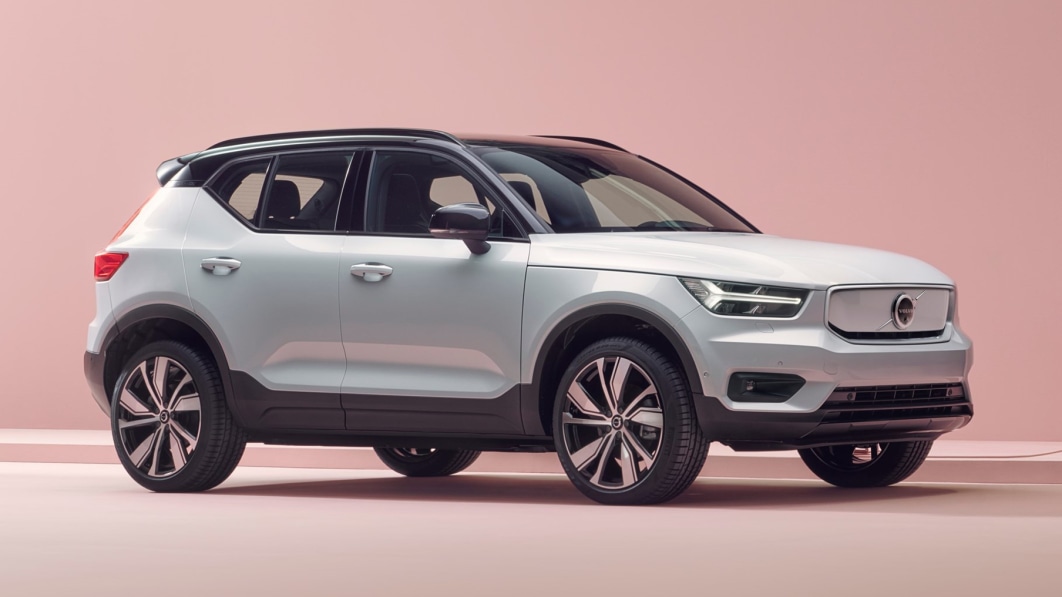There are 2 related items here.

 www.motor1.com
www.motor1.com
The first is news from Toyota's annual shareholders meeting during which Toyota discussed its hesitancy to completely abandon the petroleum-fueled internal combustion engine in favour of electric vehicles, as a number of large automakers are doing. One reason given, which I can fully understand and agree with, is that Toyota is concerned that the whole-lifecycle carbon emissions -- which considers the emissions from sourcing and manufacturing of all components of the vehicle, including low- and high-voltage batteries -- of EVs may be higher than for ICE-powered vehicles.
The other reason that Toyota is not rushing in to EVs is the (current) low demand for EVs, especially in North America. I do not fully agree with this. A good product company does not and should not always follow demand from buyers; there are times when it may be prudent to lead -- supply the new, different product and demand will follow. Apple has consistently done that with its innovative products and Toyota did it themselves with the first hybrid-electric car, the Prius.

 www.autoblog.com
www.autoblog.com
The second item is related to the first. In a study by the climate group Transport and Environment (T&E) in the European Union, it gives credit only to Volvo and Volkswagen for doing enough to electrify (and I interpret that this means giving up ICE-powered vehicles and switching to EVs). According to the report, Ford has an ambitious target (plan to go all-electric by 2030) but lack a robust plan about how to meet that target.
Other automakers, including Toyota, have no ambitious phase-out targets for ICEVs and rely too much on hybrid vehicles.

Toyota To Offer Several Powertrains In Future, Won’t Focus On EVs
Toyota won’t be focusing solely on electric vehicles anytime soon as the automaker plans to offer various powertrains types in the coming years.
The first is news from Toyota's annual shareholders meeting during which Toyota discussed its hesitancy to completely abandon the petroleum-fueled internal combustion engine in favour of electric vehicles, as a number of large automakers are doing. One reason given, which I can fully understand and agree with, is that Toyota is concerned that the whole-lifecycle carbon emissions -- which considers the emissions from sourcing and manufacturing of all components of the vehicle, including low- and high-voltage batteries -- of EVs may be higher than for ICE-powered vehicles.
Toyota’s reluctance to focus solely on EVs isn’t only about the uncertainty in the nascent market as there are environmental concerns, too. According to Automotive News, which was privy to the annual shareholder meeting where Toyota discussed its hesitancy to go all-in on EVs, Toyota is looking at the “whole lifecycle” of a vehicle in regards to reducing carbon emissions as there are some studies that indicate producing EVs and their batteries release more emissions than those from tailpipes.
The other reason that Toyota is not rushing in to EVs is the (current) low demand for EVs, especially in North America. I do not fully agree with this. A good product company does not and should not always follow demand from buyers; there are times when it may be prudent to lead -- supply the new, different product and demand will follow. Apple has consistently done that with its innovative products and Toyota did it themselves with the first hybrid-electric car, the Prius.
However, a more significant driver in determining what Toyota does is the consumer. Toyota Chief Technology Officer Masahiko Maeda said, “In the end what matters is what customers choose.” In the US, EVs account for less than two percent of the total automotive market. That’s a small slice of pie for automakers to be fighting over. Toyota’s lineup will contain a variety of powertrain options for the next 30 years, offering gasoline, hybrid, fuel-cell vehicles, and electric vehicles as the propulsion options compete for superiority to leave the best ones standing.

Only VW, Volvo are doing enough to electrify in Europe, study says - Autoblog
Among major carmakers, Volkswagen and Volvo are doing enough to electrify their vehicle lineups in Europe, and the EU needs to set tougher CO2 emission limi
The second item is related to the first. In a study by the climate group Transport and Environment (T&E) in the European Union, it gives credit only to Volvo and Volkswagen for doing enough to electrify (and I interpret that this means giving up ICE-powered vehicles and switching to EVs). According to the report, Ford has an ambitious target (plan to go all-electric by 2030) but lack a robust plan about how to meet that target.
Volkswagen aims to have 55% group-wide BEV sales in Europe by 2030, while Swedish carmaker Volvo, owned by China's Geely says its lineup will be fully electric by then.
Based on IHS Markit car production forecasts, according to the study from European campaign group Transport and Environment (T&E), Volkswagen and Volvo have "aggressive and credible strategies" to shift from fossil-fuel cars to electric vehicles.
Others like Ford Motor Co have set ambitious targets, "but lack a robust plan to get there," T&E said.
Ford plans an all-electric lineup in Europe by 2030.
Other automakers, including Toyota, have no ambitious phase-out targets for ICEVs and rely too much on hybrid vehicles.
T&E said BMW, Jaguar Land Rover (JLR), Daimler AG and Toyota rank the worst as they have low BEV sales, have "no ambitious phase-out targets, no clear industrial strategy, and an over-reliance in the case of BMW, Daimler and Toyota on hybrids."
